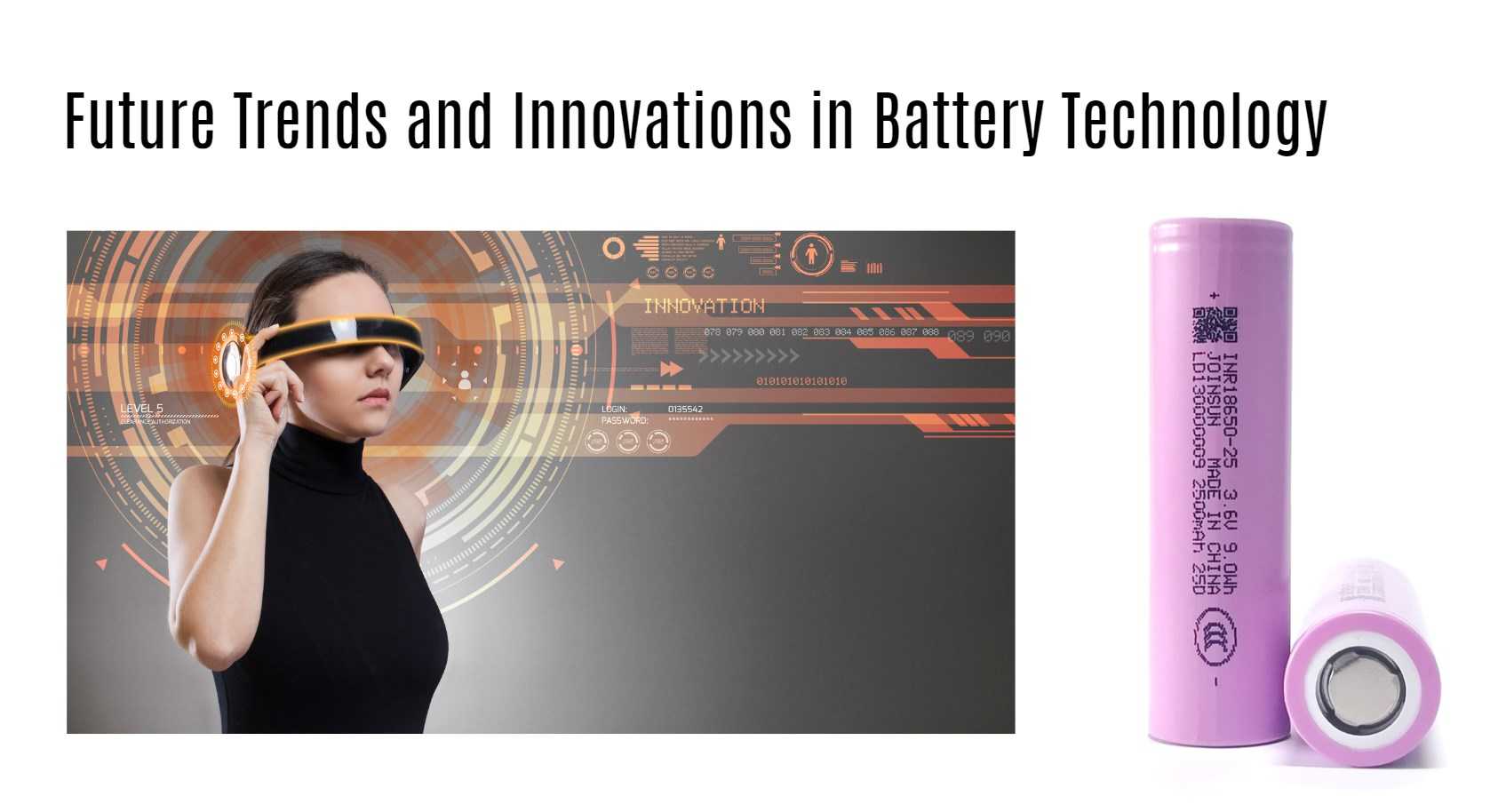Lithium 21700 batteries have emerged as a pivotal force in the energy storage revolution, offering unparalleled energy density and longevity. From propelling electric vehicles to energizing portable electronics, these batteries have become indispensable. This article delves into the cutting-edge advancements and innovations that are set to redefine the capabilities of lithium 21700 batteries, ensuring they remain at the forefront of technological progress.
Historical Context: The Evolution of Lithium-Ion Batteries
The journey of lithium-ion batteries began in the 1970s, with the first commercial breakthrough by Sony in the early 1990s. Fast forward to the present, the lithium 21700 battery, distinguished by its cylindrical dimensions, has set a new standard in capacity and power output. A key adoption by Tesla has not only enhanced electric vehicle performance but also underscored the battery’s potential for large-scale applications.
Current Applications: The Multifaceted Utility of Lithium 21700 Batteries
Lithium 21700 batteries are at work in various sectors, including electric vehicles, renewable energy storage, and portable electronics. Their demand is driven by the quest for longer-lasting, more efficient power sources, which in turn fuels ongoing research and development.
Future Trends: Shaping the Next Generation of Batteries
Enhancing Energy Density: Smaller, More Powerful Solutions
Researchers are on the cusp of increasing the energy density of lithium 21700 batteries, enabling them to deliver more power in a compact form. This advancement promises to extend the capabilities of devices ranging from smartphones to electric vehicles.
Fast Charging Technology: Reducing Wait Times
The race to develop fast charging solutions is underway, with the potential to drastically reduce charging times from hours to minutes. This innovation could transform the daily usage patterns of battery-dependent devices.
Safety Improvements: Addressing Thermal Runaway
Safety is paramount in battery technology. Efforts to mitigate the risk of thermal runaway are intensifying, ensuring that the batteries are not only high-performing but also secure for consumer use.
Cost Reduction and Accessibility: Democratizing Battery Technology
As manufacturing processes improve, the cost of lithium 21700 batteries is expected to decrease, making this advanced technology more accessible to a broader audience.
Innovations in Battery Technology: Charting the Path Forward
Advanced Energy Storage Materials
The pursuit of materials that can store more energy in a smaller volume is at the forefront of battery innovation, with implications for the electric vehicle and renewable energy industries.
Rapid Charging Mechanisms
Technological breakthroughs aimed at reducing full charge times are on the horizon, offering a glimpse into a future where charging batteries is as quick as refueling traditional vehicles.
Enhanced Safety Features
The development of new materials and designs to improve the stability and thermal management of lithium 21700 batteries is a critical area of focus, ensuring safer and more reliable energy storage.
Sustainable Practices: The Environmental Impact of Battery Technology
The quest for sustainability in battery technology is driving the exploration of recyclable or biodegradable components, as well as the reduction of reliance on rare earth metals.
Environmental Considerations: Balancing Progress with Stewardship
The environmental impact of battery technology is a critical concern. From the extraction of raw materials to the disposal of used batteries, the industry is actively seeking ways to minimize ecological harm. Advancements in recycling technologies and the adoption of renewable energy in manufacturing processes are part of this commitment to environmental responsibility.
The Road Ahead: Navigating the Future of Lithium 21700 Batteries
As we venture further into an electrified future, the role of lithium 21700 batteries in various industries will only grow. With improvements in performance, safety, and sustainability, these batteries are poised to become even more integral to our daily lives.
Conclusion: Embracing the Future of Battery Technology
The lithium 21700 battery stands as a testament to human ingenuity, offering a glimpse into a future where energy storage is both efficient and sustainable. As we continue to innovate and refine this technology, we move closer to a world powered by clean, reliable energy solutions. The future is not just bright; it is illuminated by the potential of lithium 21700 batteries to drive progress while preserving our planet for generations to come.





